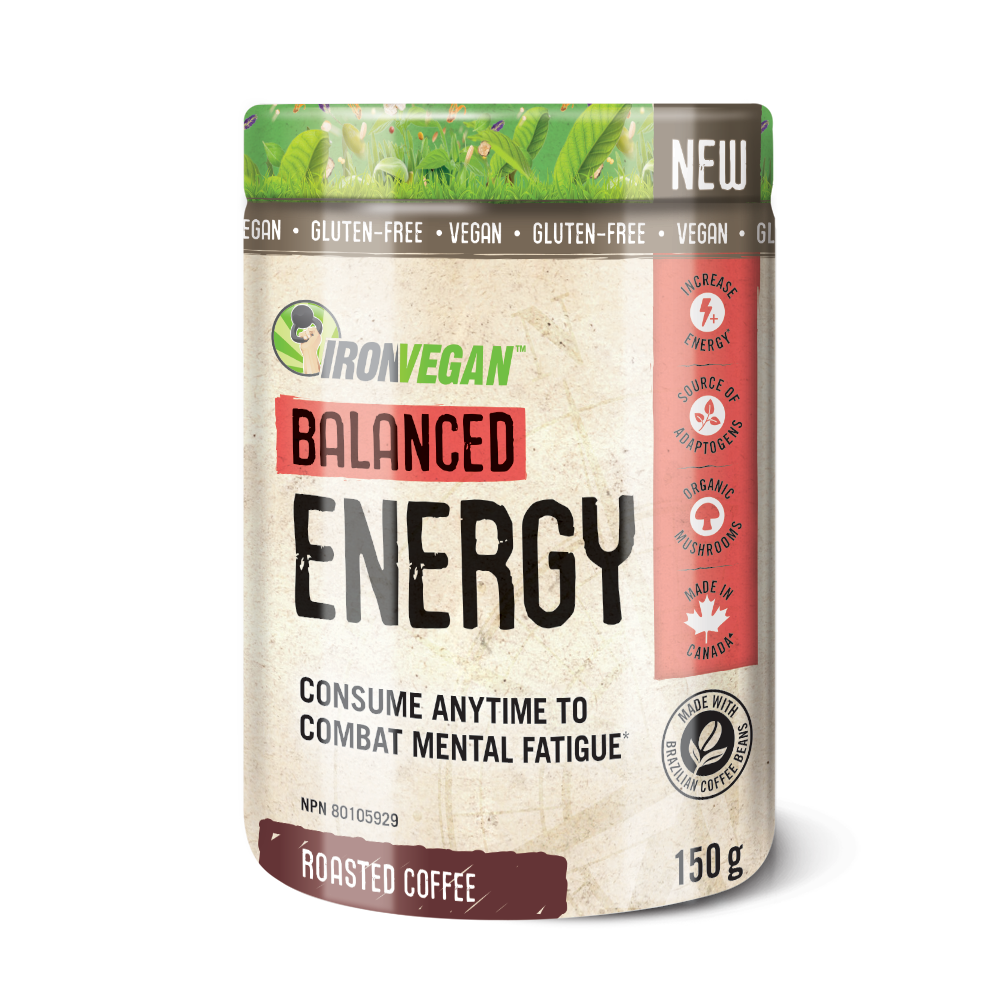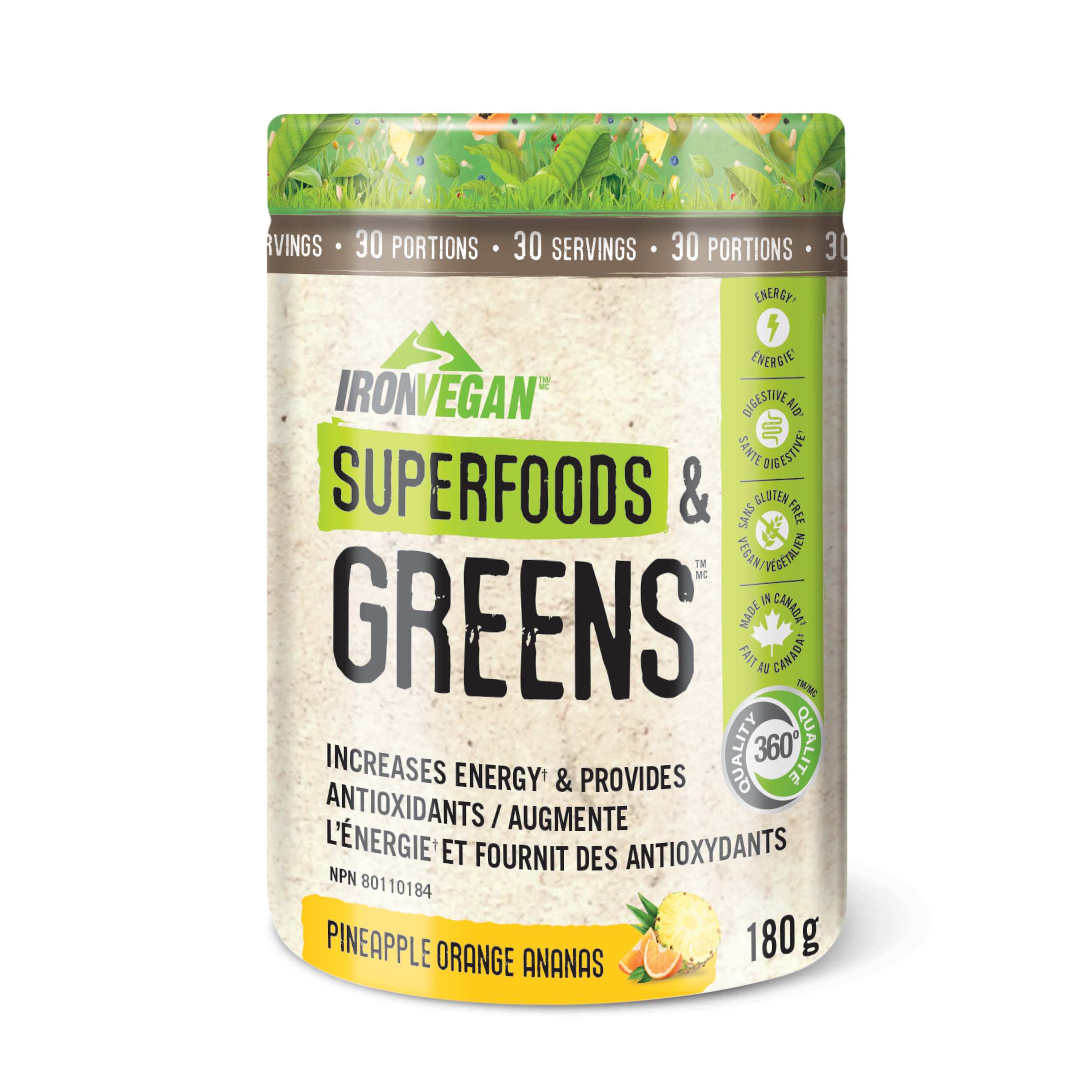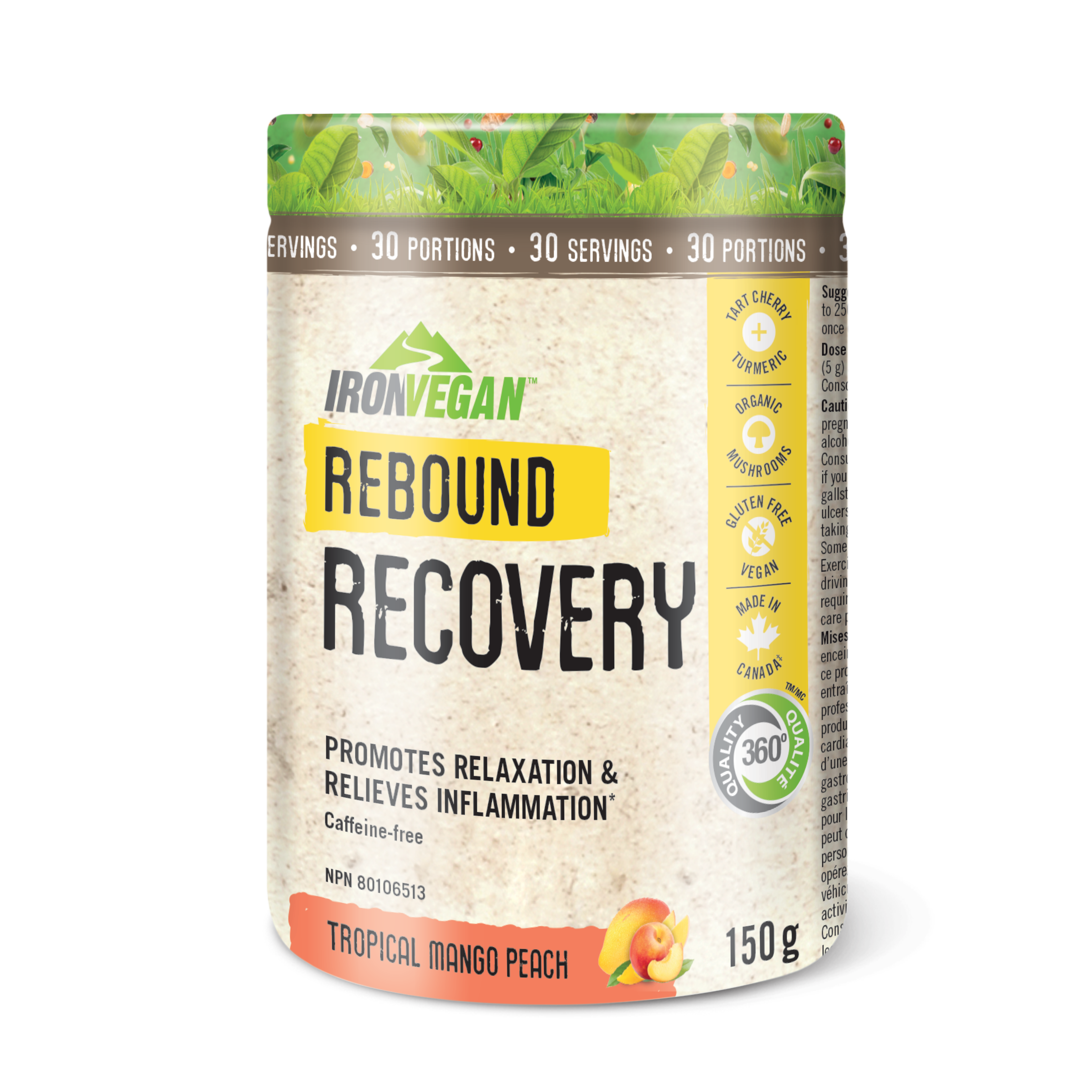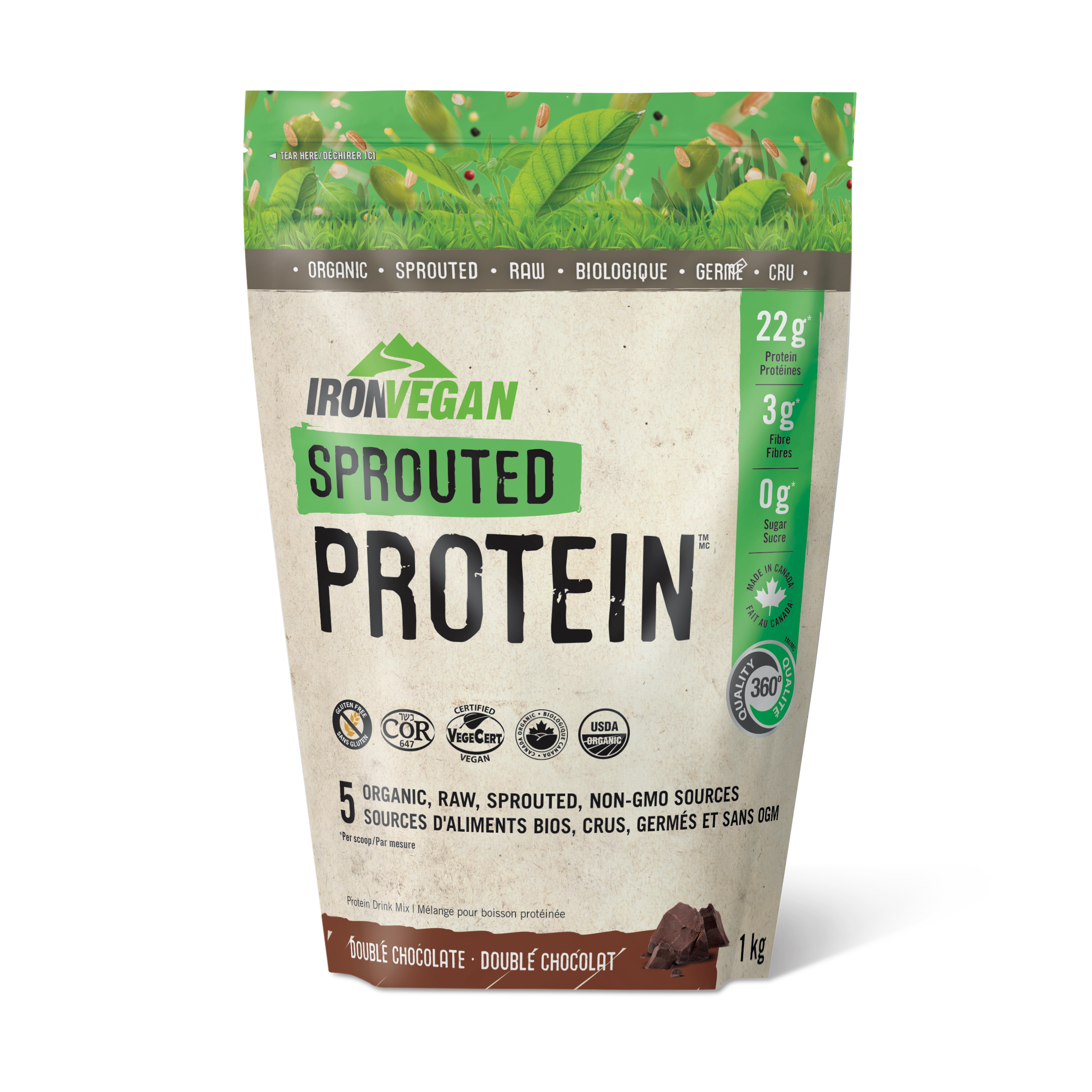If you’ve ever tried plant-based protein, you may have experienced a bit of tummy trouble afterwards, such as bloating, gas or overall discomfort. This can make it frustrating, uncomfortable and well, annoying when trying to hit your daily protein goal on a plant-based diet.
Here’s the good news: NOT all plant-based proteins are created equal, which means (you guessed it), there are ways to beat the bloat simply by switching to sprouted protein! Through the sprouting processes, plant-based proteins become more digestible and nutrient-rich, while also boasting reduced levels of anti-nutrients that can contribute to digestive distress.
Keep reading for the why and how!
Reasons Why Plant-Based Proteins May Cause Bloating:
Anti-Nutrients:
Plants contain compounds known as anti-nutrients, which serve as their defense mechanisms against predators. These include phytates, lectins, and enzyme inhibitors. While beneficial for the plant's survival, these compounds can pose challenges to human digestion.
- Phytates: Found abundantly in grains, seeds, and legumes, phytates bind to minerals like iron, zinc, and calcium, hindering their absorption in the body.
- Lectins: Lectins are proteins found in many plant foods that can cause gut irritation and inflammation, particularly in sensitive individuals.
- Enzyme Inhibitors: These compounds interfere with the body's ability to break down proteins, leading to digestive discomfort and bloating.
Incomplete Amino Acid Profile:
Unlike animal proteins, which generally contain all essential amino acids in adequate proportions, many plant-based proteins are deficient in one or more essential amino acids. This can compromise their nutritional quality and may require careful planning to ensure a balanced intake of amino acids.
High Fiber Content:
Plant-based foods are typically rich in dietary fiber, which is essential for digestive health. However, an excessive intake of fiber, especially from sources like beans and cruciferous vegetables, can overwhelm the digestive system and lead to gas, bloating, and discomfort, particularly for individuals with sensitive stomachs.
Why Sprouting Can Help Reduce The Bloat
For individuals who experience bloating and digestive discomfort when consuming traditional plant-based protein sources, switching to sprouted plant-based protein derived from grains and seeds can offer relief and improved digestibility.
What’s Sprouting?
Sprouting involves soaking and germinating seeds, grains, or legumes until they begin to sprout. This process activates enzymes that break down anti-nutrients and make the protein more digestible.
How Does Sprouting Help With Bloating?
Sprouting Reduces Anti-Nutrients
Sprouting can significantly reduce the levels of anti-nutrients present in grains and seeds, making them easier to digest. Anti-nutrients such as phytates, lectins, and enzyme inhibitors, which are naturally present in many plant-based foods, can interfere with digestion and nutrient absorption, leading to bloating and discomfort in some individuals.
Sprouting Improves Protein Quality
Sprouted plant-based protein sources from grains and seeds often boast improved protein quality compared to non-sprouted proteins. This means it also increases the availability of amino acids, the building blocks of protein, making sprouted plant-based proteins a more complete and bioavailable source of protein.
This is particularly beneficial for individuals who may struggle with bloating due to incomplete amino acid profiles in traditional plant-based proteins.
Sprouting Enhances Amino Acid Profile
Sprouting can enhance the bioavailability and balance of amino acids, ensuring that the protein source provides a more complete and easily digestible spectrum of essential amino acids.
To sum it up: Individuals who experience bloating and digestive discomfort when consuming traditional plant-based protein sources should opt for sprouted plant-based proteins.
With a focus on improved digestibility and enhanced nutritional quality, sprouted plant-based proteins pave the way for a more enjoyable and comfortable plant-based eating experience, especially when you choose Iron Vegan Sprouted Protein, a creamy and tasty option for plant-based protein lovers!
Sources:
- Increased nutritional value and improved absorption (Nelson et al., 2013)
- The sprouting process is known to activate dormant enzymes, increasing the digestibility of the grains (Ding and Feng, 2019 and Chavan, 2009)
- Sprouted products were reported to have a softer/sweeter taste profile (Ding and Feng, 2019)








